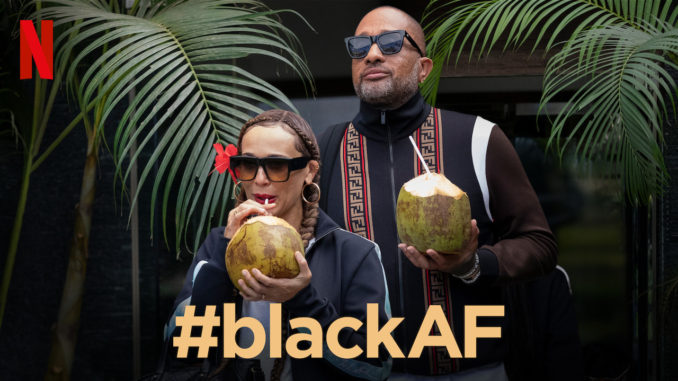
Kenya Barris is one of the well-known black content creators that has made a golden brick path through the obscures of Hollywood marginalization with his in-your-face portfolio of shows that include Black-ish, Grown-ish, and Mixed-ish. Now, he can add to his repertoire the new Netflix series #BlackAF, a mockumentary created by and starring Barris, alongside actress Rashida Jones who plays his wife.
The majority consensus of the MouthSoap is a generally positive one when rating the eight episodes that completed the first season of the show. We get it. But, right away, it was evident that there would be some issues discussed in the show that would prove problematic for many black people.
#BlackAF Is The Edgy Black-ish
The dynamic of Barris’ TV family is somewhat similar to that of Dre in Black-ish. He’s married to a biracial wife and has mixed children. Both shows focus on similar plots about a family “managing their blackness” as they face everyday issues. Basically, it’s like Netflix asked Barris to produce a Black-ish, but make it more edgy and less PG. Why fix something if it isn’t broken? Besides, this version of the repackaging of the story connects better with those who are influenced by Hip Hop culture or who work in the entertainment industry. So, in the light, there is something new-ish that it offers to its viewers. However, on thing that is certainly different from Black-ish is the vulgarity of the children when they talk to their parents. Many black parents just don’t have the patience for this type of disrespect. Not saying the dysfunctional relationships don’t exist. It definitely exists. But, for many viewers it was a turnoff because this attribute is not necessarily a “black one”.
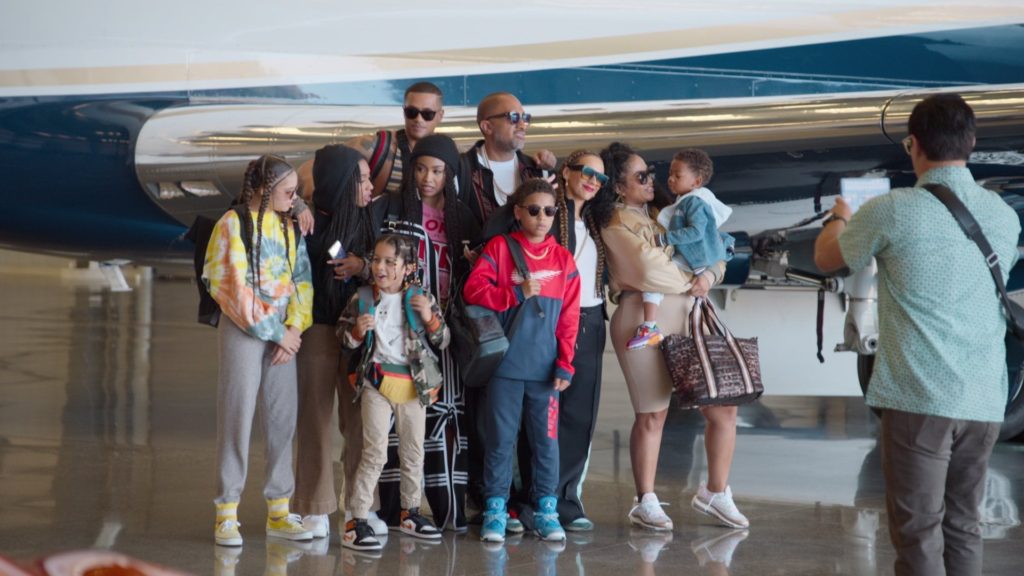
Tackling Black Issues And Stereotypes In #BlackAF
All eight episodes serve to connect to the roots of slavery. Issues about why some black people wear gold chains, eat certain foods, dance a certain way or interact with each other are all attributed to slavery in some way on the series. The show also addresses family dysfunction, the power struggle within black couples, PTSD and the adultification of black girls. Barris does a decent, but brief job of rehashing history to negate ignorance. However, the result is that #BlackAF is an unnecessary explanation to white people and for some, an annoying nudging of consciousness to black people.
For instance, in one episode Barris questions why black people feel the need to support other black people publicly even in spite of the work of that particular person being subpar or mediocre. The threat of judgement deters people from keeping it real and saying exactly how they feel. This is a real issue.
Case in point, some people in entertainment are untouchable from critique and those who dare to take a chance in criticizing that person face being called a coon, sellout or hater. Then again, there’s some black folks that don’t have a problem attacking black public figures or personalities and enjoy taking down their own (Hence, the critiques of Kenya Barris, Tyler Perry, Issa Rae, etc.).
#BlackAF Stars Some Great Talent
Some critics complain that the show is not black enough. But, some of the most black supported talent is featured in #BlackAF. The show includes some familiar faces, such as actors Mike Epps (Dolemite Is My Name), Nia Long (Empire), Kym Whitley (Twenties), Valarie Pettiford (The Baxters), Bresha Webb (A Fall from Grace), and content creators Tyler Perry (A Fall from Grace), Ava DuVernay (A Wrinkle In Time), Issa Rae (Insecure), Lena Waithe (The Chi), Tim Story (Ride Along), and Will Packer (Girls Trip). One critique was that the writers room should’ve looked more like episode 5 featuring all these black content creators…
One Black Experience Still Represents All Black Experiences In 2020
Ironically, the very things that make the show dope or the same things that it’s being criticized for. From the very beginning, the fact that Barris was highlighting yet another mixed or biracial family belonging to the upperclass was going to be a problem.
There was a time when black people would complain about being depicted in the worst light in media and entertainment. In fact, just a few years ago there was a demand for more positive depictions of black people living in modern times. Viewers wanted to see the wealthy and successful black person on their TV and silver screens. They wanted to get away from the slave movies and thug and drug addict stereotypes. Well, that’s all out the window because now people are complaining that the family in #BlackAF is too far removed from the “real black experience” because… duh duh duh duh… the family is successful and wealthy.
The fact that the children didn’t know what carpet is or how to clean the house seem to be a point of contention for viewers. Or the fact that in nearly every scene someone was wearing designer clothing was a little bit too much for some. Even with that said, there’s people who live like that in real life. There’s communities that only rock designer or brand names. There’s 40 and over black dads that wear gold chains and are sneakerheads. We could blame that on Hip Hop being an overwhelming cultural influence, globally. It seems the practice of materialistic worship is a derivative of the music genre where rappers promote this lifestyle. Some black people associate that with success. Thus, Kenya Barris.
One criticism is that people don’t like the title of the show because they feel like it is attempting to define what blackness is, a debatable topic among black people depending on many factors. Just like Insecure, Barris uses the tactic of creating a title using shock value to attract his viewers. But, moreso than DEFINING what black is, as the show progresses, it leans more toward QUESTIONING what exactly black is…
Some viewers pointed out that Barris focuses too much on biracial families. This has truth to it. Why in the world does Barris create the same shows over and over about the same thing with different elements and gets away with it? Because we let him and it seems to be working. To be honest, if you follow all of his work the theme of light skin black people becomes exhausting. With that said, we can’t discount that light skin black people do exist and that is an experience of its own. But, dark skin black people do feel left out, which has been made apparent on social media.
What it really comes down to is that some black people feel that the show speaks for all black people. It’s hard for viewers to phantom that there are unique black experiences, especially in a country that is becoming a melting pot for values, culture, ideologies and so forth, despite the protests of racists and segregationists. Simultaneously, not being able to separate one experience from generalizing an entire group has a lot to do with historical context.
Unfortunately, black people have to deal with ignorant people who watch the depictions of black people on media and conclude that they’re all the same. Now, every time a black show or movie comes out, black people are on the defense and must make it known that it’s not representative of all black people. That’s understandable.
Barris could have lessen the burden on black people having to defend themselves by simply thinking of a better title for the show. It could’ve been something like #KenyaAF, #Rich&BlackAF or #FiguringItOut, etc. But, let’s admit that #BlackAF grabs attention and it fits within the scope of his content. Maybe that was Barris’ intention.
Let’s keep in mind that #BlackAF is a mockumentary, which is a motion picture or television program that takes the form of a serious documentary in order to satirize its subject. It falls in line with the likes of The Office, Curb Your Enthusiasm and Modern Family. So, most of the show should be seen as entertainment value, not law.
Black content creators walk a very thin line when trying to please the black demographic. Creators have to ask themselves whether they are making a “black show” or making a show for black people. There’s a difference. A show for black people displays the everyday black person going through life. A “black show” focuses on race and risks being ravaged by criticism for not being accurate or detailed enough. People become real serious when it comes to issues of race and they should. At a time like this, no one of importance has energy to make a mockery out of race issues.
Still, we question why people are so hard on content creators that tell ONE black experience but not on the many several people that push real stereotypes on reality TV or social media, such as the explicit dancing nurses during coronavirus or cucumber challenges or twerk sessions on rappers’ IG lives. This only makes black people look confused. What do we want? One critic said don’t make shows about black people. Why not? We need more shows about black people so one show doesn’t carry the weight for the WHOLE race.
What are your thoughts?
See the critiques of the show below:
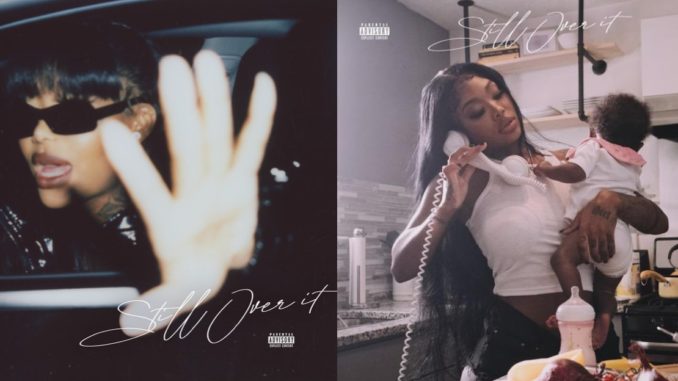
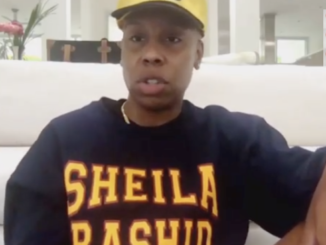
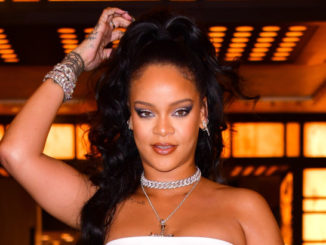
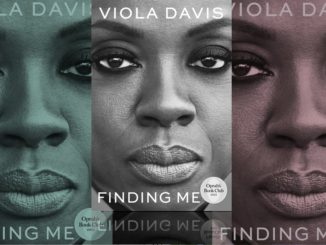
Isn’t it challenging enough to even have black representation in Hollywood. Do we (aka) Black people understand the struggle of having Black women be in a leading role on the movie screen. I say Support the man because we need to saturate the industry on a real level. Black people can be cast as leading roles in movies with people that are opposite of themselves.
Hollywood don’t think we can sell ourselves, they believe we don’t appeal to the audiences of tv and movies, if we don’t stand with this man who is trying to break down barriers so that there will be more representation of us in leading roles not only when it’s a black sitcom, or black Hollywood movie, but when the movie is the Titanic, Moses, Jurassic Park…